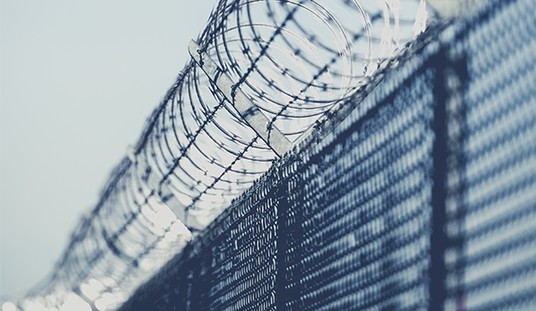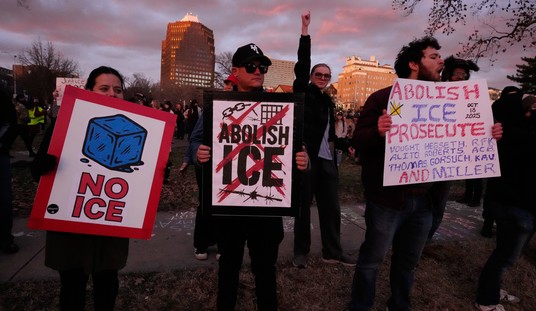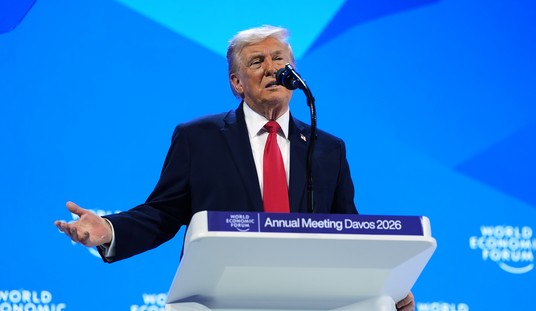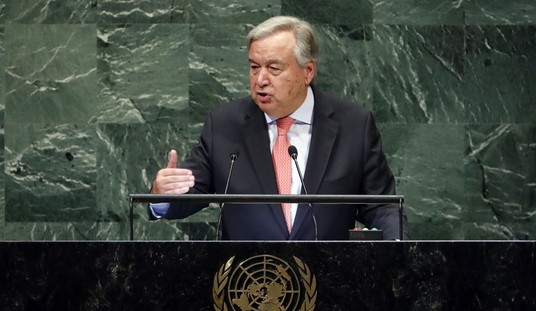A few days ago I linked to a piece by J. Peter Nixon and his thoughts and actions in anticipation of a trial verdict toward which a few hundred agitators had been encouraging civil unrest.
Having remained in Oakland that night, choosing to pray at a Cathedral rather than flee, Nixon concluded his thoughts thusly:
I wonder, in retrospect, what would have happened if enough of us had stayed, if we had continued that ministry of non-violent presence, if we had been willing to keep vigil in the heart of the city throughout the night. There were hundreds of police, but that didn’t keep the peace. I wonder if something else could have.
Comments on Nixon’s piece ran from the thoughtful to the defensive to the outraged. We could dialogue for a week on how people received his piece, and why they received it as they did–let’s face it, the nation is just plain edgy right now, and too many are running on autopilot–but I think Nixon’s sentiments are important for us to consider, especially today, when we are pondering the Gospel story of the Good Samaritan, and what it means to be a neighbor – to do unto others as you would have them do unto you. At their core his ideas were not about political and ideological allegiance, but about the depths of our callings–as human beings and as Christians–and out out-of-touch we have become to them.
We must reacquaint ourselves with our own better angels if we want recognize them and help them to fly within our midst.
Political and civil agitators have always existed to exploit a moment, but the needless violence in Oakland (and the unhelpfully disunifying, response of the Department of Justice, which seeks to “review” the Oakland conviction, while setting aside this one) demonstrates that we are lacking any credible public voice capable of countering inflammatory rhetoric with a thoughtful appeal to our better selves.
Reading Nixon, I could not help but remember Martin Luther King’s better way, or how–at the news of his assassination–Senator Robert F. Kennedy’s extemporaneous and authentic response to it helped to bring a measure of peace to an awful moment. It is an instance where a choice of words could have inflamed or consoled. Kennedy chose consolation, and an appeal to the shared yearnings of the human heart.
Listen here as he breaks the news of King’s death to what is reported to have been a “largely black crowd,” at an Indiana campaign stop. He draws on all of his resources, and in the rising tide of his rhetoric, lifts all boats:
The terrible video is incomplete. Read the rest of Kennedy’s appeal to the crowd here.
Our common desires to live together peaceably and productively need to be expressed and encouraged, or they will be trod underfoot by heedless self-interest. In our cynical age, where a serious crisis is perceived as a mere political opportunity, do we have anyone left in public service who is capable of communicating them with sincerity, and helping to build, rather than tear down?
(Elizabeth Scalia writes at First Things, where she blogs as The Anchoress. Cross-posted there.)








Join the conversation as a VIP Member